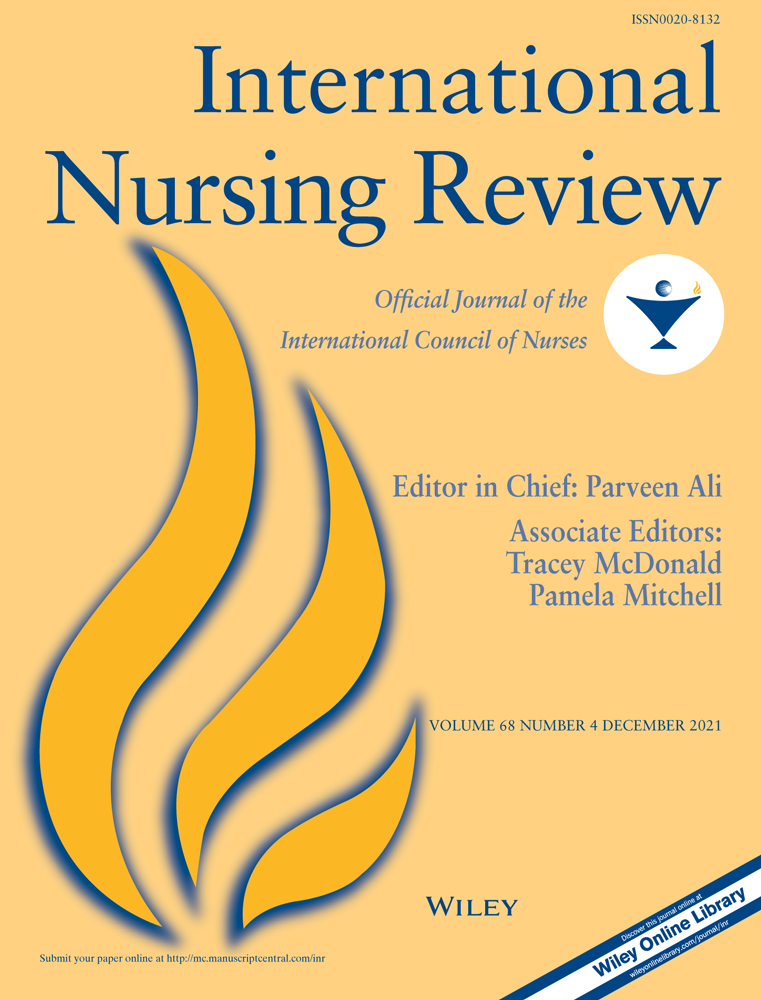Traditional partería providing women's health care in Latin America: A qualitative synthesis
Abstract
Aim
To identify practices, beliefs, and potential gaps in knowledge about partería tradicional in Latin America.
Background/Introduction
Partería tradicional (lay midwifery) refers to ancestral knowledge used by laypersons, mainly parteras tradicionales (lay midwives), to provide health care to women and children. This care, initiated prior to formalization of health care continues today. Descriptions of the intergenerational oral transmission of partería tradicional knowledge and practice in Latin America exist without related synthesis.
Methods
Qualitative synthesis of the literature, including publications in Spanish, English, and Portuguese indexed in public databases over the previous 22 years concerning partería tradicional. Identification of categories, themes, and bias reporting via PRISMA processes, using the Thomas and Harden's approach and the Noblit and Hare's methodological recommendations.
Results
Partería tradicional themes included “ancestral knowledge,” “destiny and a spiritual calling,” “woma's heritage,” and “a means for providing health care.”
Discussion
Parteras tradicionales are key providers of health care for rural and urban marginalized communities. Limited knowledge and understanding of this practice impacts interactions between parteras tradicionales, midwives, and nurses. An interchange of knowledge is fundamental for care congruent with culture and the humanization of women's reproductive health.
Conclusions and policy implications
Communities with unresolved health care needs benefit via collaboration between formal health practices and partería tradicional. A compelling need for inquiry to preserve the art of partería tradicional exists internationally. Parteras tradicionales must be considered when formulating health care policy, thereby enhancing their historic role among the most vulnerable populations in Latin America: protecting, caring, and addressing health care needs.
CONFLICT OF INTEREST
The authors have no conflict of interest to disclose.




